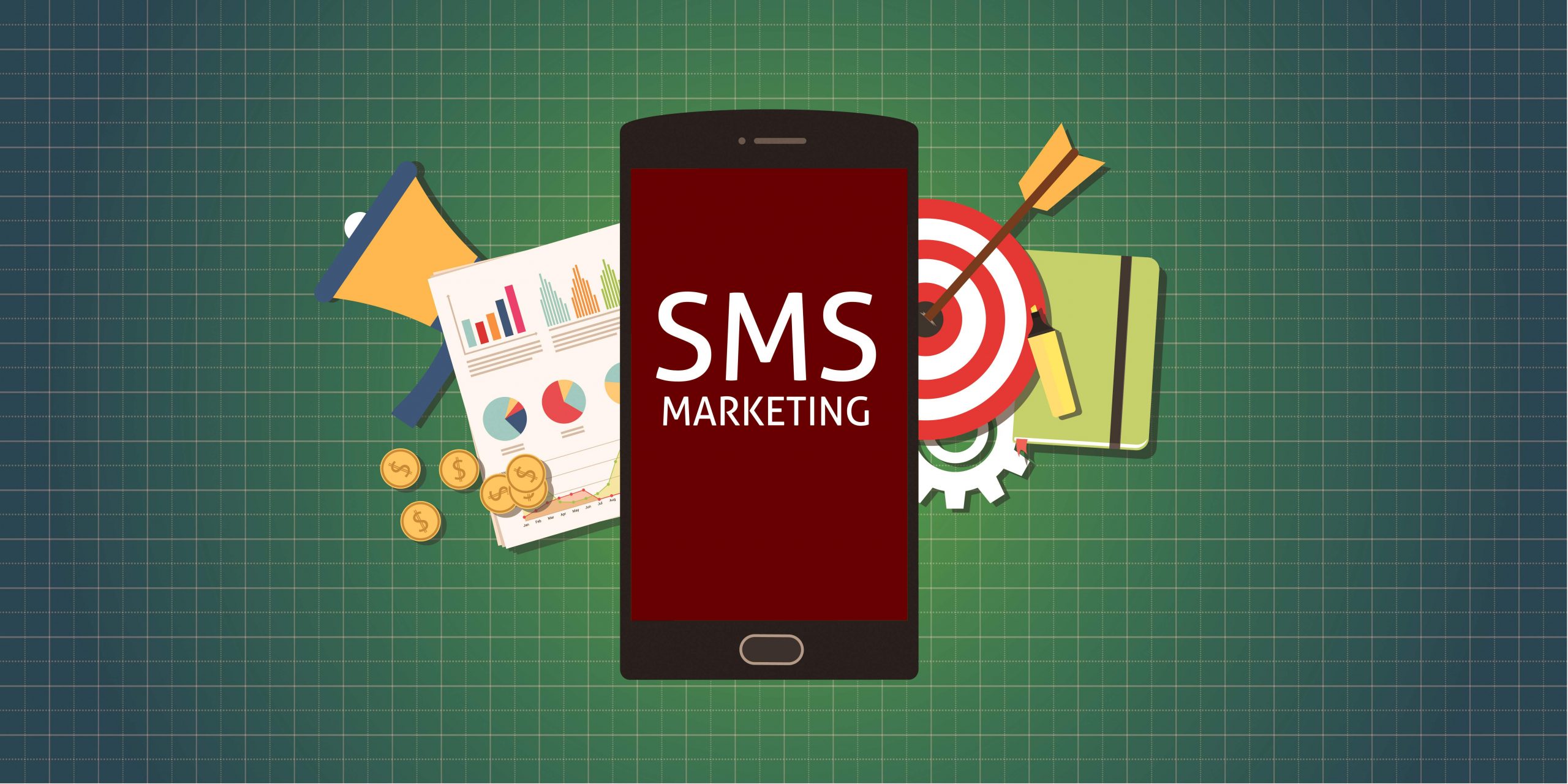Retail and E-commerce
SMS Marketing Strategies for Retail:
- Product Promotions: Send SMS messages to inform customers about new arrivals, discounts, and special offers.
- Flash Sales: Create a sense of urgency by using SMS to announce limited-time flash sales.
- Cart Abandonment: Remind customers of abandoned shopping carts and encourage them to complete their purchase.
Online and Offline Retail:
SMS marketing is equally effective for both online and offline retailers. For online stores, SMS can drive web traffic and conversions. For brick-and-mortar stores, SMS can increase foot traffic by sending location-based promotions to nearby customers.
Case Study: A popular clothing retailer successfully used SMS to increase in-store sales by 20% through location-based promotions.
Hospitality and Travel
Leveraging SMS for Hospitality:
- Booking Confirmations: Send SMS confirmations with booking details and reservation codes.
- Updates: Keep guests informed about check-in times, special offers, and local events.
- Personalized Recommendations: Send tailored recommendations based on guest preferences.
Customer Engagement:
SMS is a powerful tool for engaging with guests. Whether it's personalized messages, welcome greetings, or post-stay feedback requests, SMS allows hotels and travel companies to maintain meaningful connections.
Case Study: A luxury hotel group increased customer satisfaction scores by 15% by sending personalized welcome messages and post-stay surveys via SMS.
Healthcare and Appointment Reminders
Sending Appointment Reminders:
- Appointment Scheduling: Allow patients to request, confirm, or reschedule appointments via SMS.
- Healthcare Updates: Send crucial health-related information, such as vaccination schedules and wellness tips.
- Medication Reminders: Help patients manage their medication by sending timely reminders.
HIPAA Compliance:
In healthcare, patient privacy and data security are paramount. SMS marketing in the healthcare sector must comply with the Health Insurance Portability and Accountability Act (HIPAA) regulations. This means taking necessary measures to secure patient information and obtain proper consent.
Case Study: A medical practice reduced no-show rates by 30% by implementing SMS appointment reminders. They ensured HIPAA compliance by using secure messaging platforms.
Conclusion
SMS marketing is a dynamic tool that can be tailored to fit the unique needs and objectives of various industries. Retailers can boost sales with product promotions and flash sales. Hospitality and travel companies can enhance guest experiences and engagement. In healthcare, SMS helps streamline appointment scheduling and improve patient care.
By understanding industry-specific requirements and regulations, businesses can leverage the power of SMS marketing to achieve their goals while providing a seamless and personalized experience for their customers, guests, or patients. SMS marketing's adaptability makes it a valuable asset in today's diverse business landscape.
